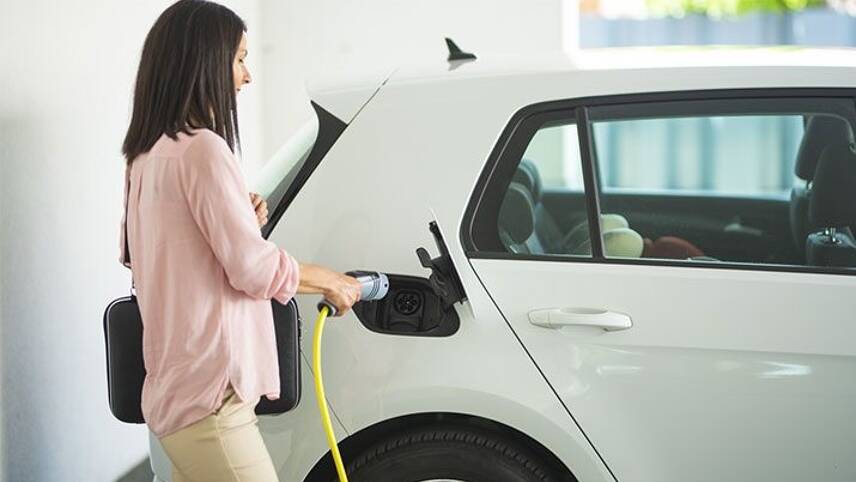Register for free and continue reading
Join our growing army of changemakers and get unlimited access to our premium content

Transport and mobility have taken the lion's share of overall global investment
Published today (15 December), the firm’s ‘State of Climate Tech’ report for 2021 assesses investment trends in technologies that will assist the global drive to decrease emissions and improve climate resilience. Technologies that improve climate-related research and understanding are also in the scope of the report.
It reveals that more than $60bn was invested, from the private sector and venture capital funds, into these solutions in the first half of 2021. In comparison, $28.4bn was invested during the entirety of 2020.
The number of active investors in this space almost doubled year-on-year, according to the report, from fewer than 900 globally in the first half of 2020 to more than 1,600 in the first half of this year.
Also year-on-year, the average size of a singular deal has nearly quadrupled, from $27m to $96m. The report predicts that mega-deals will become even more common in the coming years. Special purpose acquisition companies (SPACs), which are formed strictly to raise capital before merging with or acquiring an existing company, accounted for around one-third of all funding during 2020 and the first half of 2021 – a trend that has contributed to the growth of mega-deals.
Despite these positive top-line trends, the report raises concerns that investment is not necessarily being funnelled into the areas that would generate the most immediate and significant reductions in emissions.
PwC claims that five technologies could collectively deliver 80% of the emissions reduction needed through to 2050, but that they received less than 25% of the funding in the first half of 2021. These are solar power, wind power, green hydrogen production, reducing food waste and scaling proteins with a lower greenhouse gas footprint than traditional animal proteins.
Instead, investors seem to be prioritising low-carbon transport. Mobility and transport attracted two-thirds of the overall investment in climate tech in the second half of 2020 and the first half of 2021. Electric vehicles (EVs) and other low-carbon vehicles accounted for around half of the investment in the sector.
There is also still a geographical divide. The US accounted for almost two-thirds ($56.6bn) of climate tech investment in the second half of 2020 and the first half of 2021. In comparison, Europe accounted for $18.3bn and China for $9bn.
Earlier this year, the International Energy Agency (IEA) warned that annual investment in clean energy in developing nations must increase sevenfold by 2030 if the world is to transition to net-zero by 2050.
“Investment is needed across all challenge areas, but targeting funding to nascent technology areas can drive the breakthrough innovations that are needed for accelerated decarbonisation,” said PwC UK’s disruption lead Leo Johnson.
“The challenge is implementation and speed and scale, and it will take engagement and action from policymakers as well as investors to deliver the potential of these climate tech breakthroughs.”
International push
At COP26 last month, more than 40 national governments joined a new ‘Breakthrough Agenda’, set up to help make clean technologies affordable and attractive in all geographies this decade. Wealthy and developing nations representing more than 70% of the global economy have supported this initiative, which aims to unlock 20 million new jobs and a $16trn economic boost.
Following on from that news, the World Economic Forum (WEF) and the US Envoy for Climate, John Kerry, launched a ‘First Movers Coalition’ of companies in high-carbon and hard-to-abate sectors. The aim of the coalition is to scale low-carbon technologies for sectors such as aviation, shipping, trucking, steel, cement, chemicals and aluminium.
Want to recap on this year’s biggest cleantech stories? The edie team and innovation partner Springwise have just published a round-up covering nine of the best green technology stories on 2021. Click here to read it.
Sarah George


Please login or Register to leave a comment.